The experiences we have as children shape who we are as adults. Our personalities develop as we grow, so an unhappy childhood can drastically change who we are. To help you identify this, here are 18 of the most common traits found in adults who had unhappy childhoods.
Self-Reliance

Unhappy children often develop trust issues because they realize early on that others will let them down. As a result, they become highly self-reliant adults who don’t lean on others for support. They might have been praised for being self-sustainable when they were younger, so they don’t see how it has damaged them.
Sensitivity
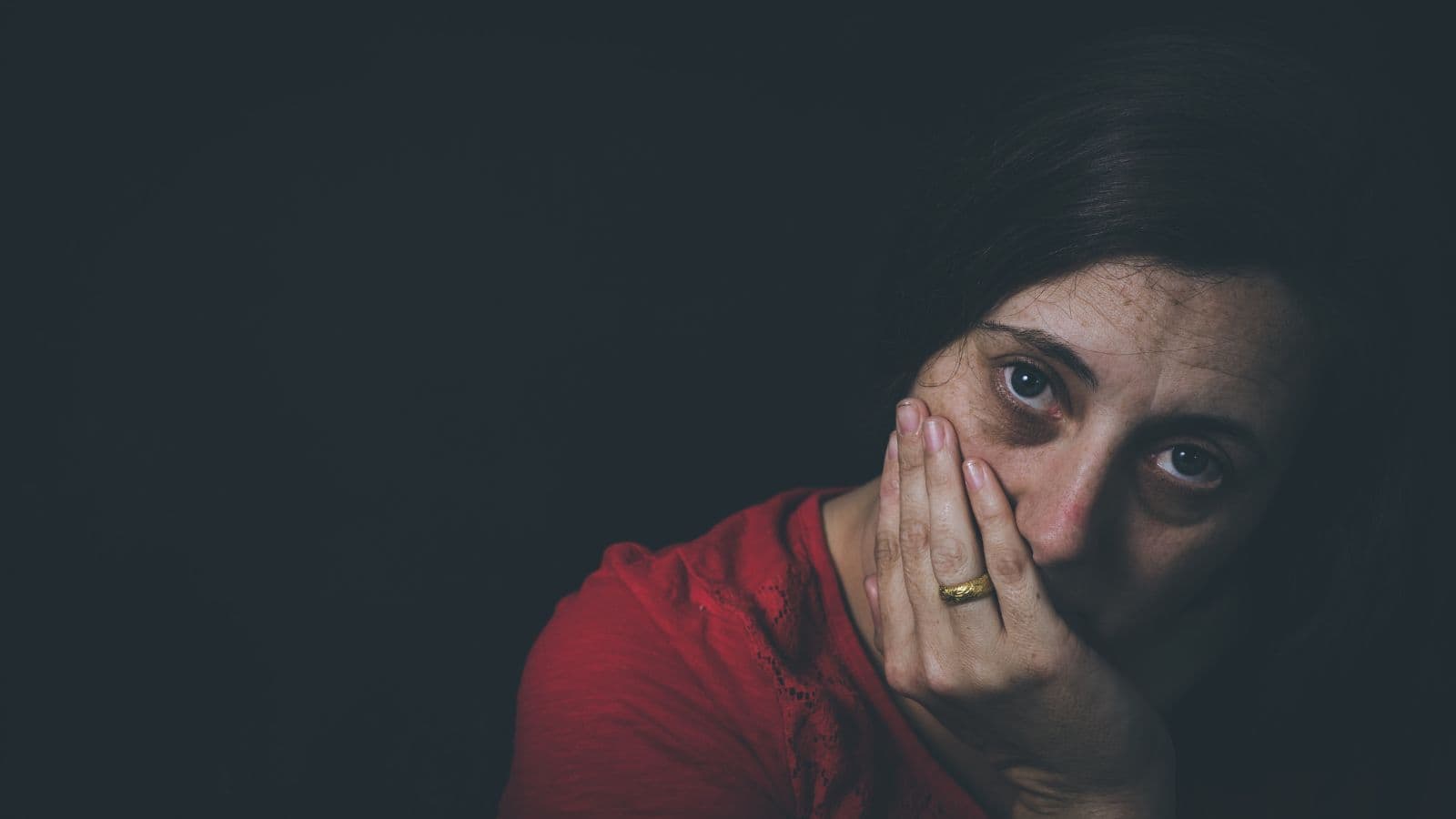
We can only withstand so much sadness before it takes a toll. Hence, people who had unhappy childhoods often grow up far more sensitive than those who were happy. This is because they had to deal with massive emotions when they were too young to understand them, so they’re easily upset or overwhelmed.
Extreme Maturity

People who had unhappy childhoods often had to grow up quickly, so they’re extremely mature. According to Psych Central, these people believe they must be strong and can’t ask for help. Their maturity is the result of psychological childhood trauma and makes it hard to break the cycle.
Intimacy Issues
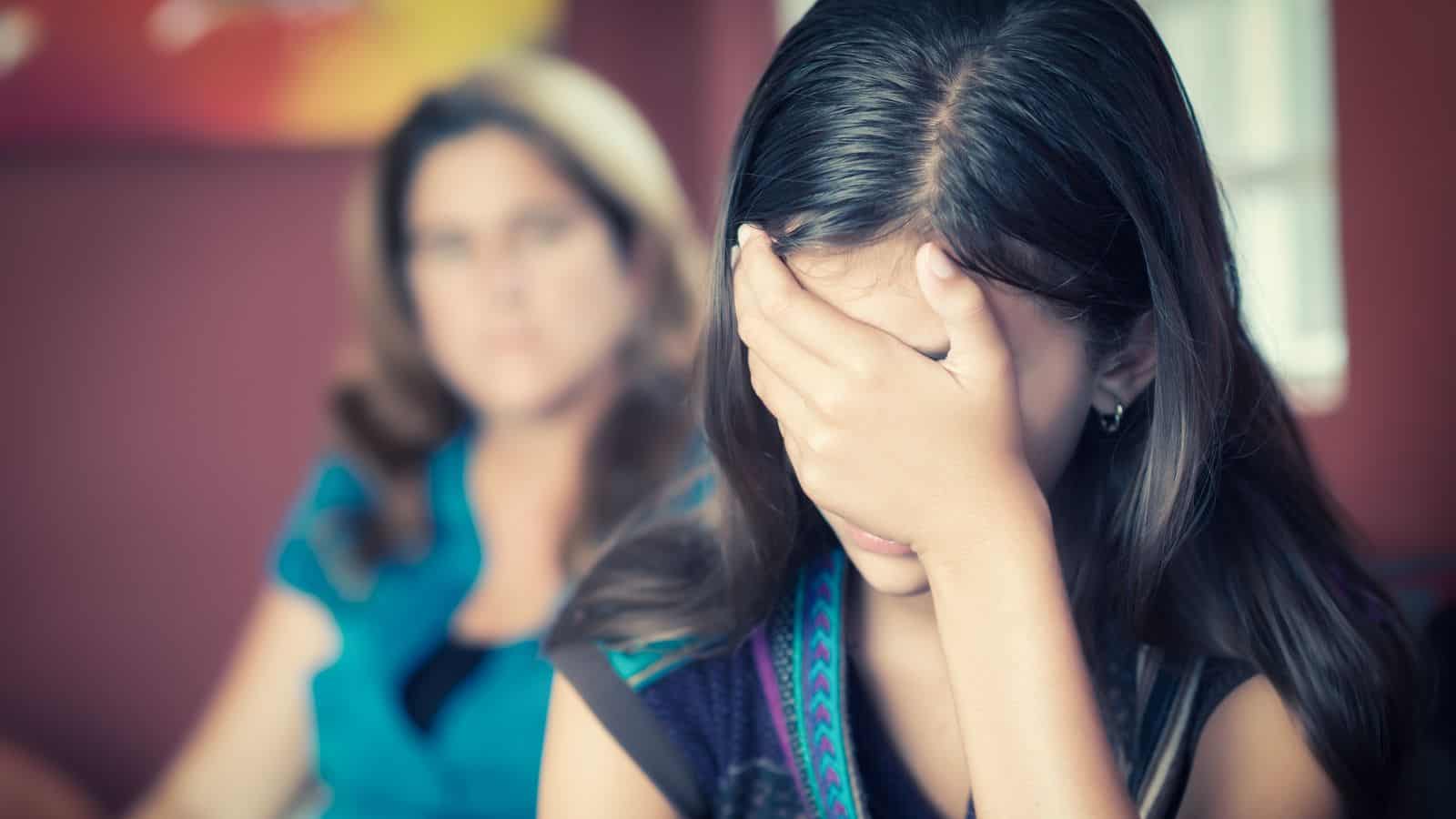
One of the main causes of an unhappy childhood is a lack of parental affection. This often causes intimacy issues later in life because people who never received love from their parents find it difficult to be affectionate with their partners. They feel inadequate and undeserving of love and are unable to communicate intimacy effectively.
Guilt

It’s a sign that someone had a bad childhood when they feel needlessly guilty all the time. They might apologize constantly, even when they’ve done nothing wrong, and feel like they don’t deserve the good things that happen to them. Their misplaced guilt comes from being unsupported, neglected, and undervalued as children.
Restlessness

Unhappy children develop coping mechanisms to distract themselves from their troubles, a habit that usually sticks in adulthood. They like to keep busy, so they get restless if forced to stay still or focus on one thing for too long. Their interests fluctuate, and they constantly re-focus their attention.
Insecure Body Language

Children build their confidence as they grow, but an unhappy childhood can destroy their progress, so insecure body language in adults is a sign of childhood trauma. Riskology cites avoiding eye contact, hunched shoulders, hand wringing, and foot tapping as examples of nervous body language. These insecure habits display a lack of confidence.
Self-Isolation
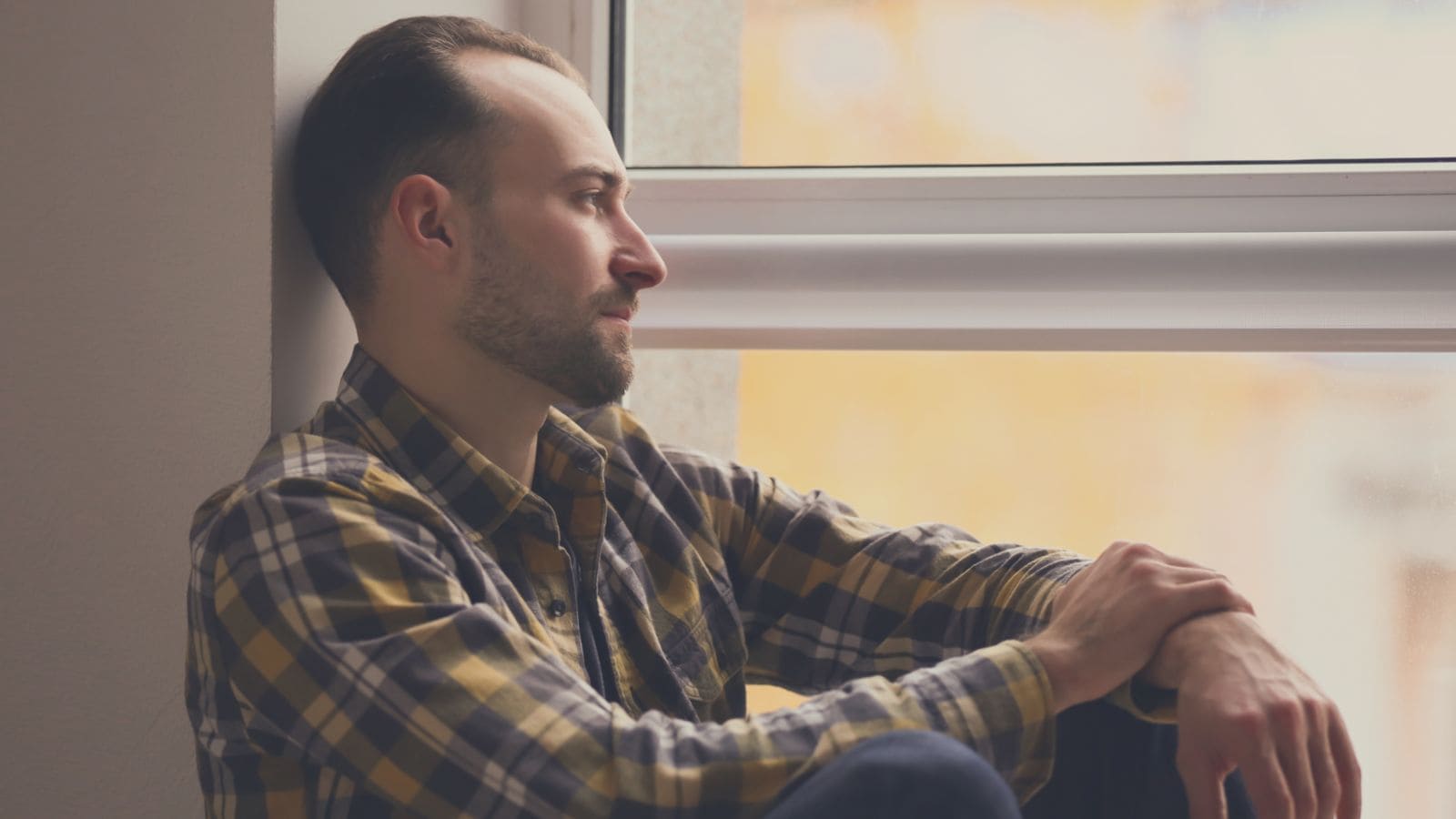
When those around them upset, harm, or reject them, children often keep to themselves to avoid getting hurt. However, self-imposed isolation damages their social progress and makes it difficult to connect with others. As adults, these people continue to prefer their own company out of habit.
Perfectionism

Perfectionism isn’t inherently negative but can be debilitating if it takes over your life. This is the case for many people who had sad childhoods because they were starved of attention and affection and constantly had to prove themselves. They hate failure and are overly critical of themselves.
Anxiety

Children who grow up in unhappy homes are used to conflict, so they’re more likely to develop anxiety in adulthood. Shouting, stress, and negative talk can all trigger anxiety, and in extreme cases, people have panic attacks and struggle in simple social situations.
Hypervigilance
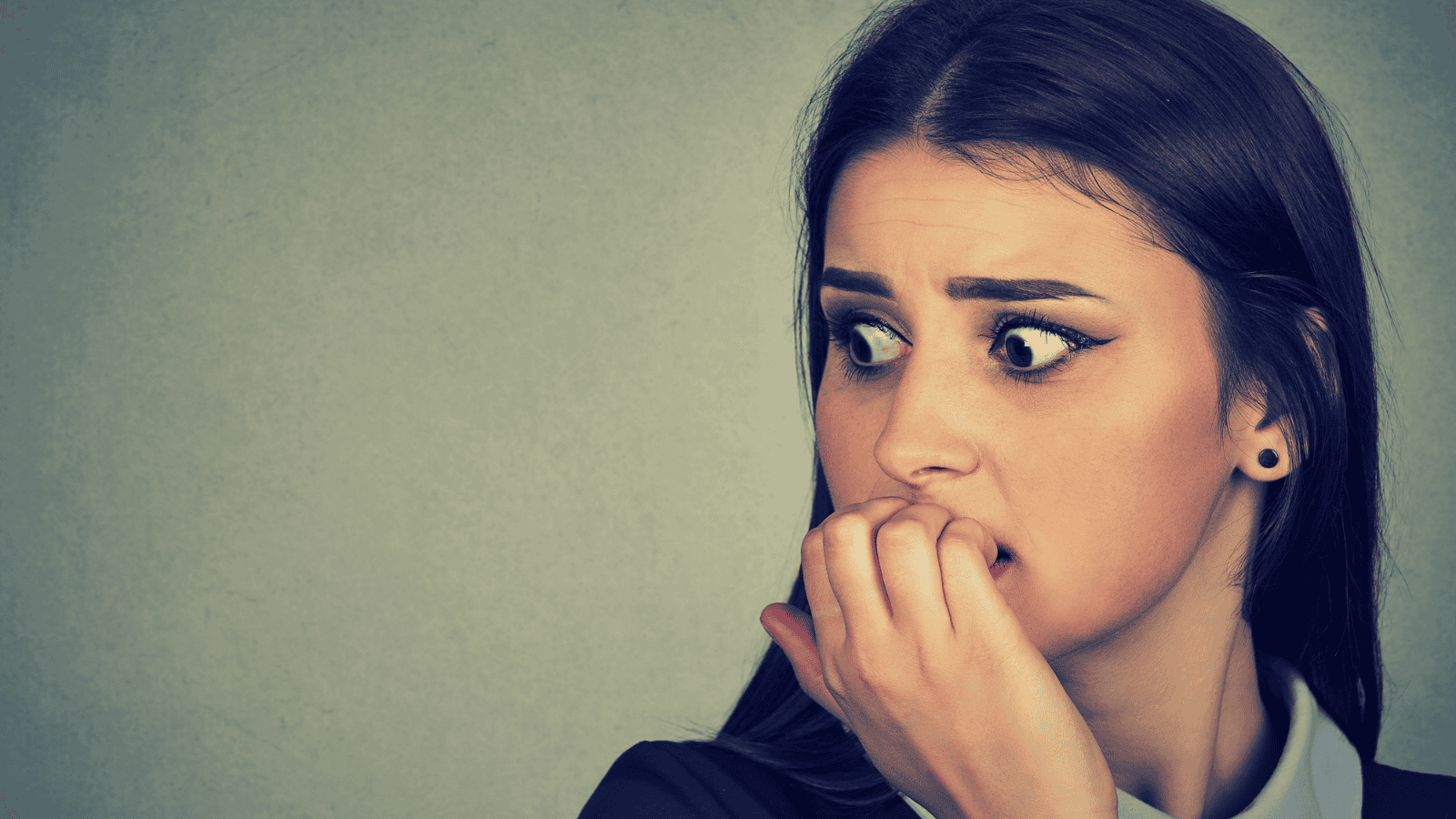
Symptoms of childhood trauma often show up as subtle cues in someone’s physical behavior, like flinching or cringing. Cleveland Clinic identifies these behaviors as hypervigilance, a basic human survival mechanism and response to trauma. Traumatized individuals become hypervigilant due to the threats and abuse they suffered as children.
Timidity
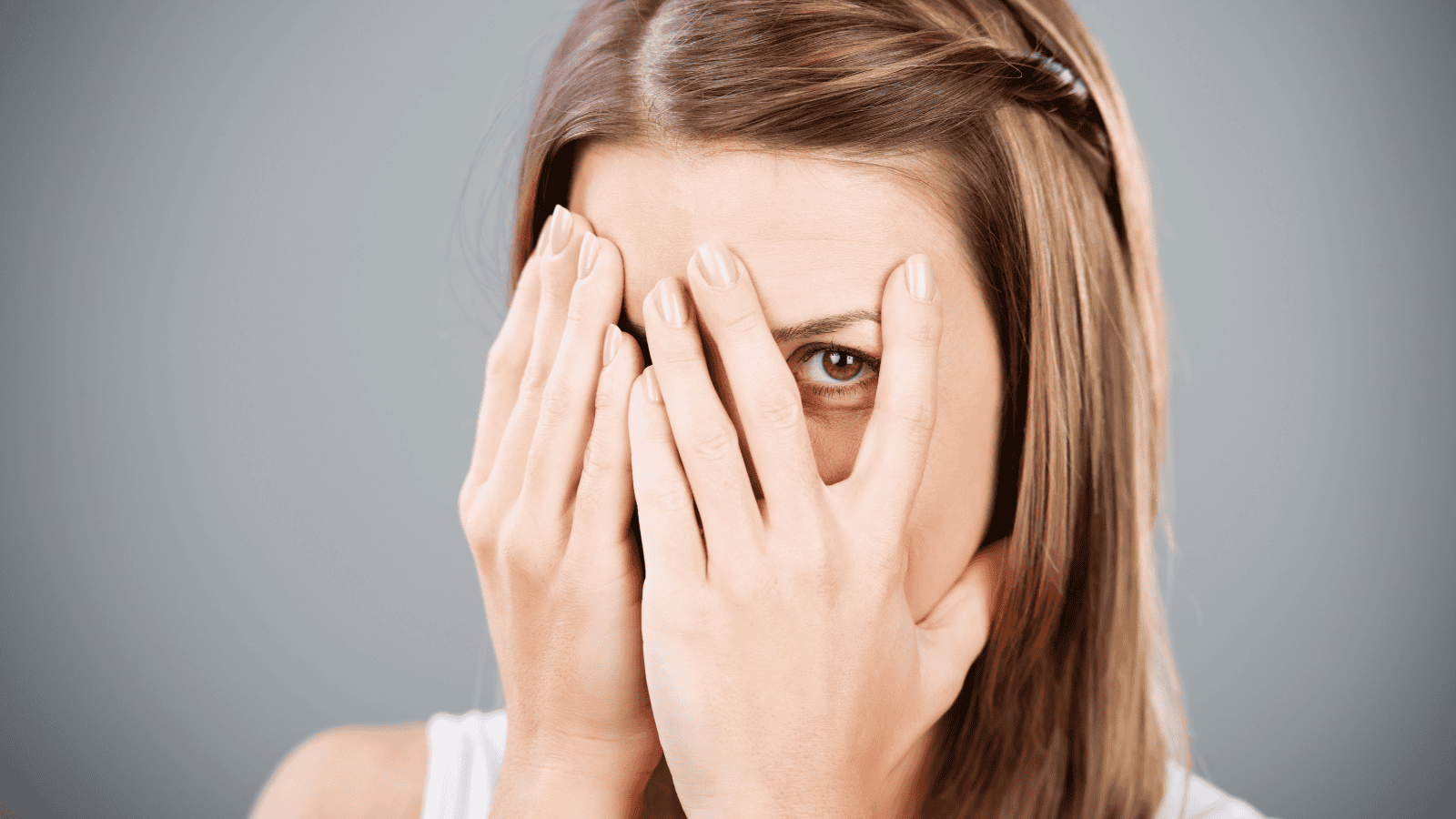
When people have a history of being talked over, criticized, or ridiculed, they lose confidence in themselves. Timid people are often told they need to speak up more, but it’s difficult for people who have had negative experiences to stand up for themselves as children. They’re worried about causing conflict, so they stay silent.
People-Pleasing
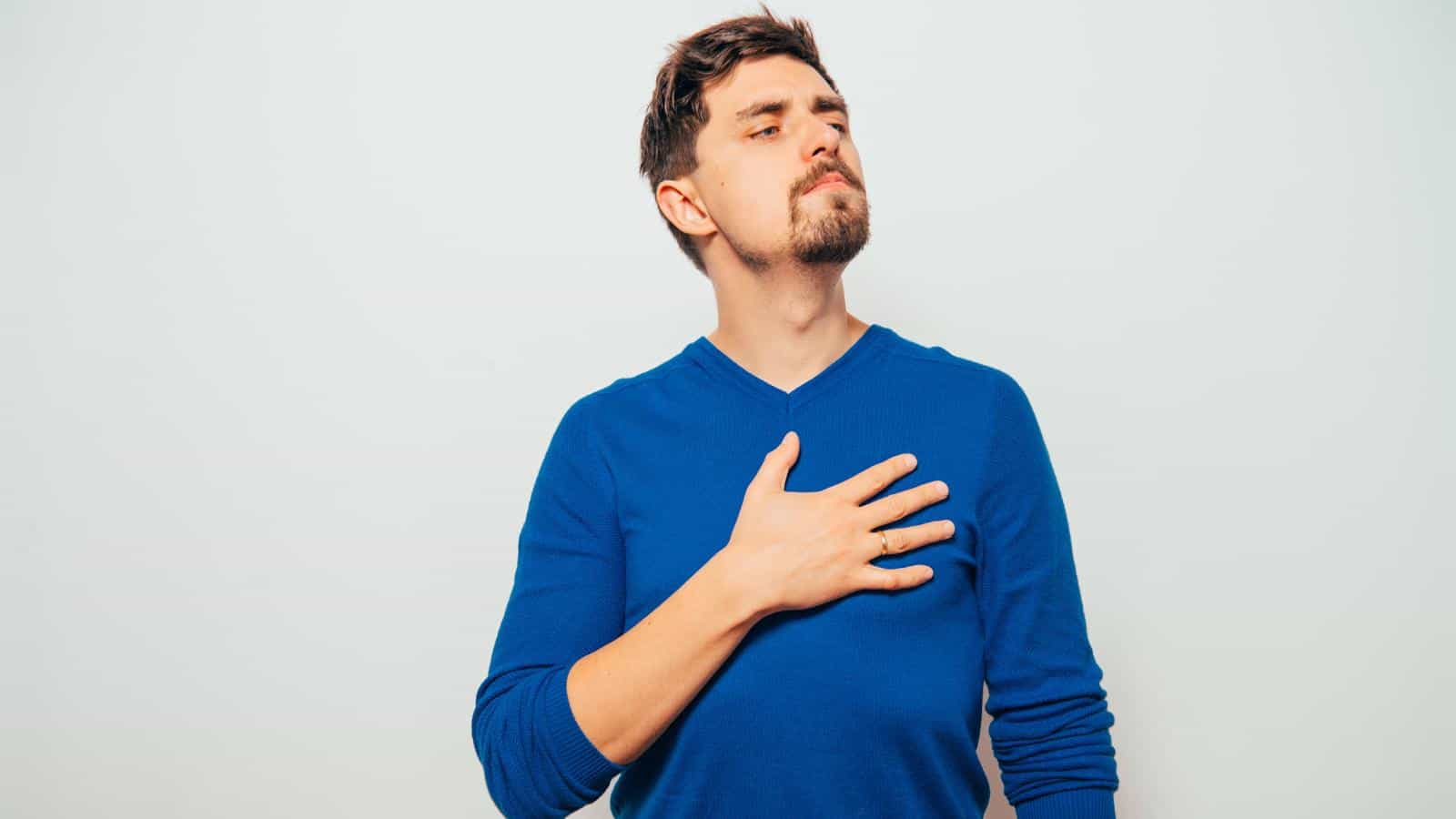
Children love getting praise from their parents and other trusted adults, so being starved of that makes them very unhappy. Many of these children overcompensate in adulthood by trying too hard to please everybody. Some accuse them of seeking attention, but it’s often a mode of conflict avoidance.
Defensiveness

When you feel attacked, it’s normal to want to defend yourself. Unhappy children frequently do this when their parents, teachers, or friends make their lives difficult. They become defensive adults who feel like everything is a potential threat or attack because they’re used to being bullied.
Self-Loathing

Nothing shatters a child’s innocence as quickly as realizing that the people they love most don’t love them as much. Psychology Today deduces that they choose to blame themselves because acknowledging parental cruelty is too devastating. They question what’s wrong with them and grow into self-loathing adults.
Mood Swings

We often grow up mimicking the behavior demonstrated to us, so emotionally immature parents who lose their temper with their children subconsciously influence them to do the same. When these children grow up, they struggle to regulate their emotions and get angry or upset easily.
Withdrawal
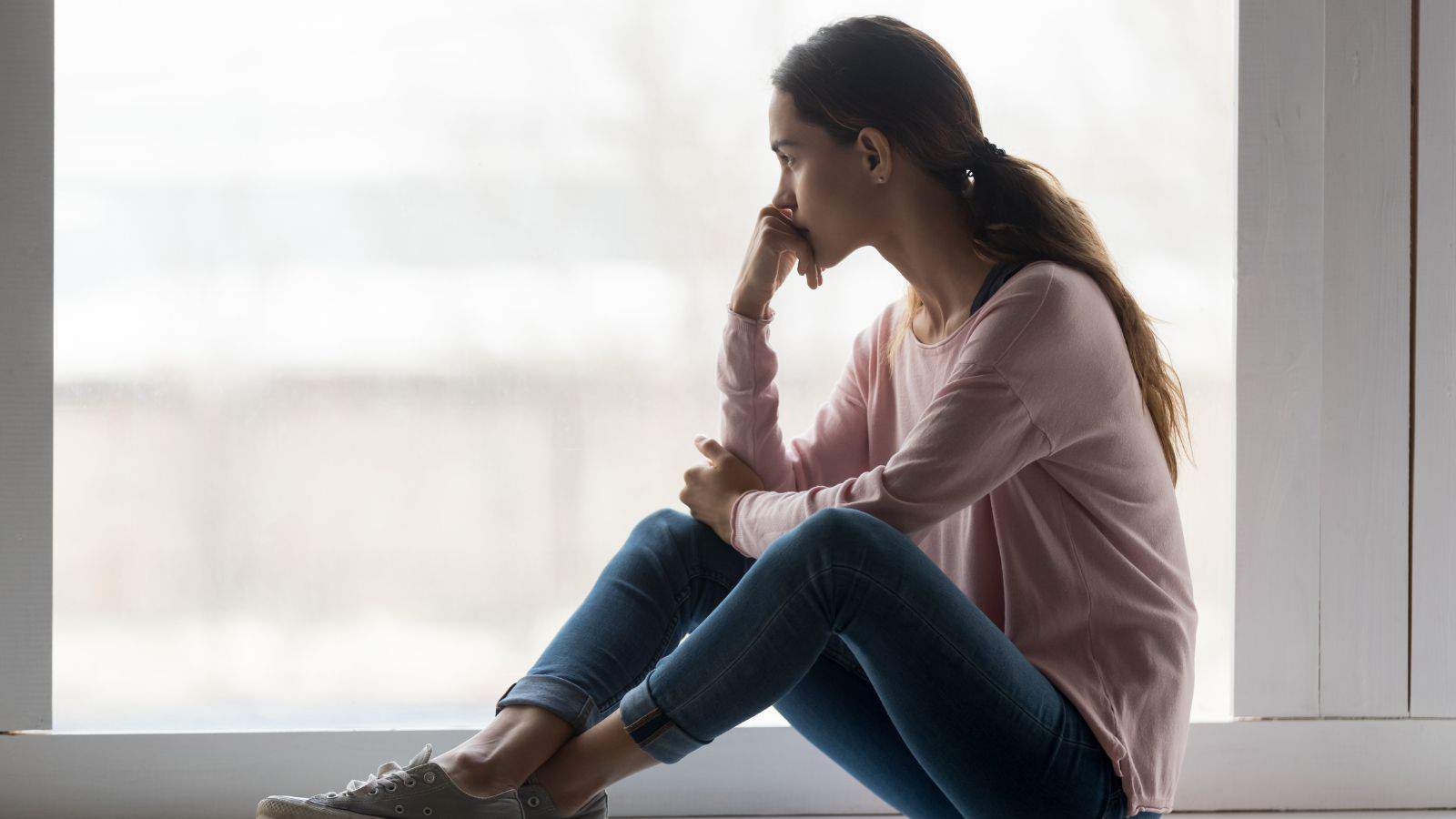
Sometimes, society is too much, and we have to withdraw for some time alone, but people who had terrible childhoods do this more frequently. They spend so much time in the past withdrawing for their own protection, so they struggle to break the habit as adults. This makes socializing harder for them.
Weepiness
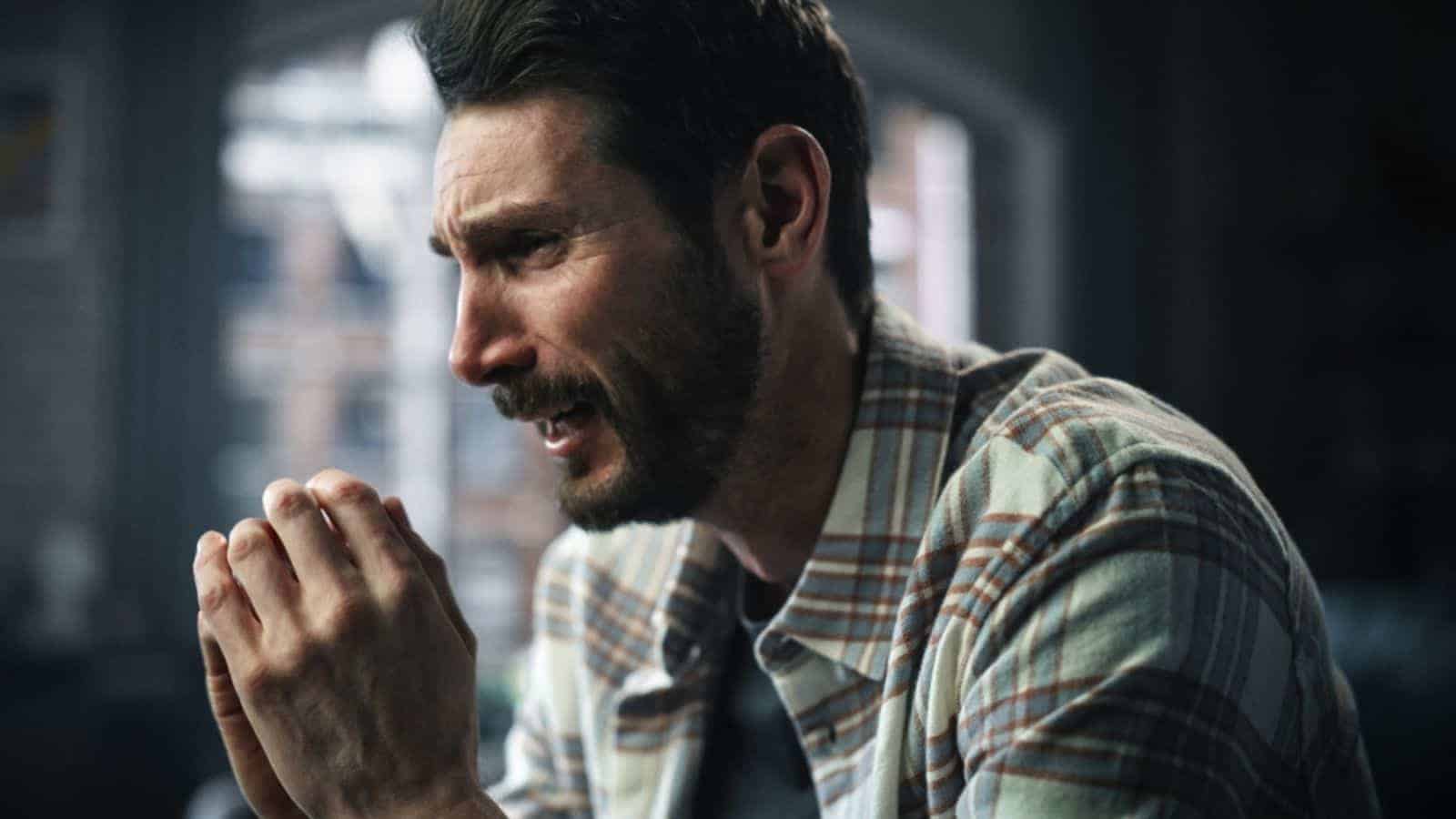
Finally, childhood trauma massively contributes to emotional dysregulation, and one of the most common signs is regular weepiness. Many people cry easily, but adults who spent most of their childhoods being sad are more likely to weep regularly. Crying is a way for them to release their pent-up emotions without fear of ridicule.
Up Next: 20 Seriously Stunning Natural Wonders Across America

Geological wonders, diverse ecosystems, and impressive waterfalls—the U.S. is home to a huge range of breathtaking landscapes and natural wonders across its many national parks and attractions. Head to these 20 locations for true natural beauty and never-ending adventure opportunities.
20 Seriously Stunning Natural Wonders Across America
17 Places That Undercover Cops Will Always Monitor
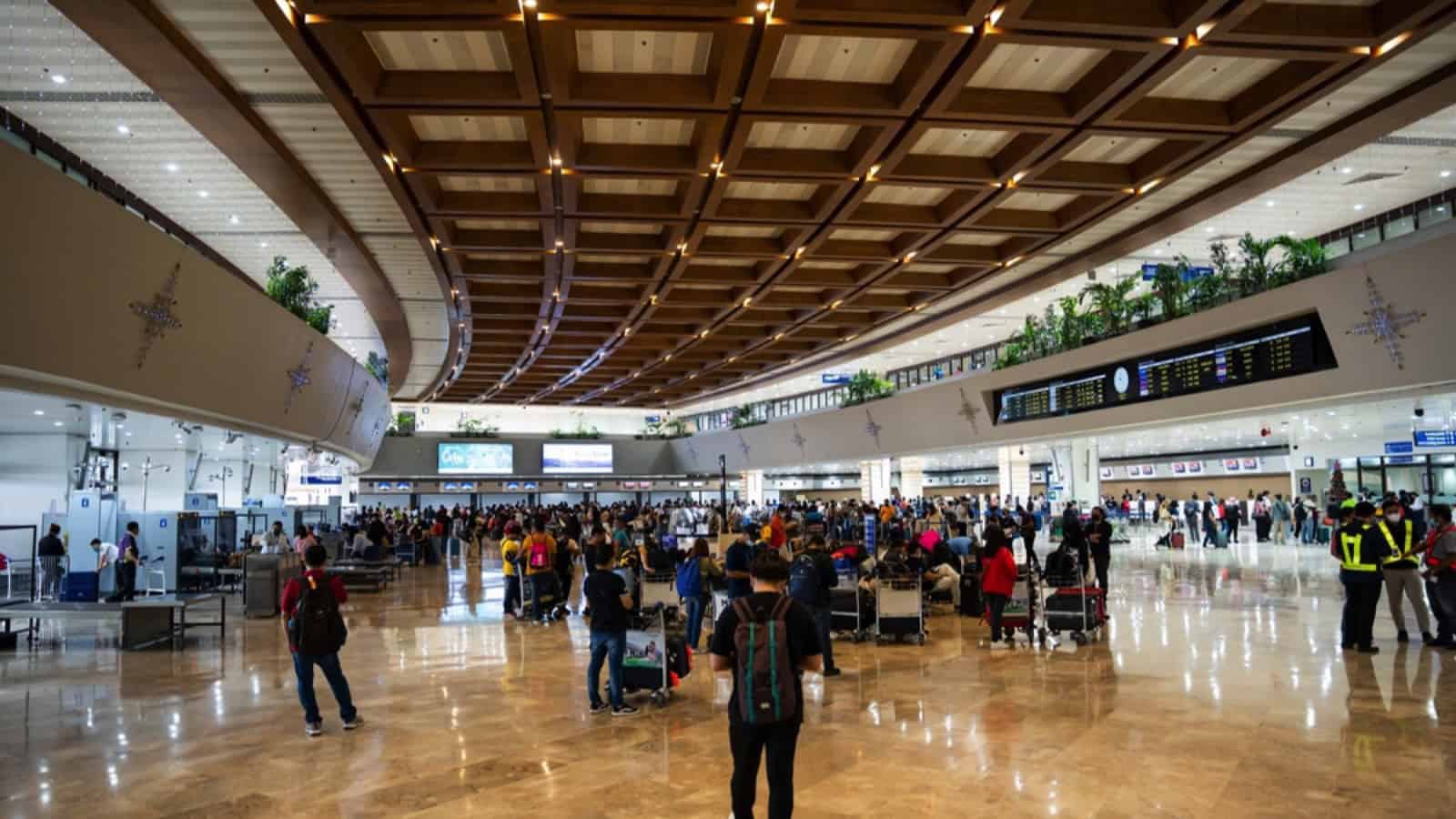
While it isn’t always obvious, undercover cops play a crucial role in maintaining public safety. They blend into the background in various locations, carefully observing and acting to prevent crime. In this article, we’ll reveal 17 places where you’re likely to find undercover cops—though you can bet you won’t see them!
17 Places That Undercover Cops Will Always Monitor
17 Things You’re Just Too Old To Be Doing Anymore
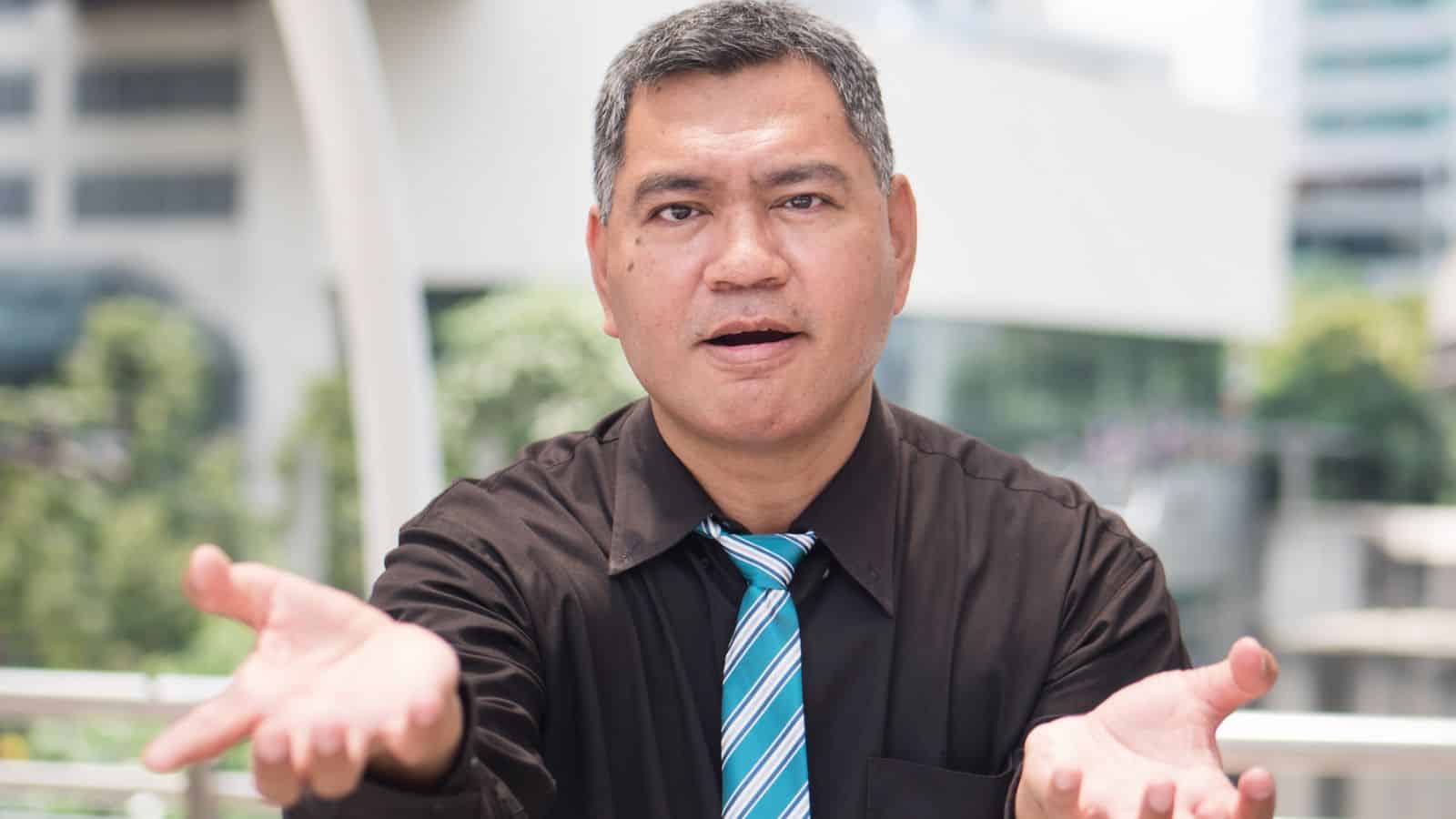
The older you get, the more fragile you are physically and mentally, so it’s important to prioritize your well-being every day. Whether you still feel young at 50 or are closer to 80, we’ve compiled 17 things you’re too old to be doing anymore.
